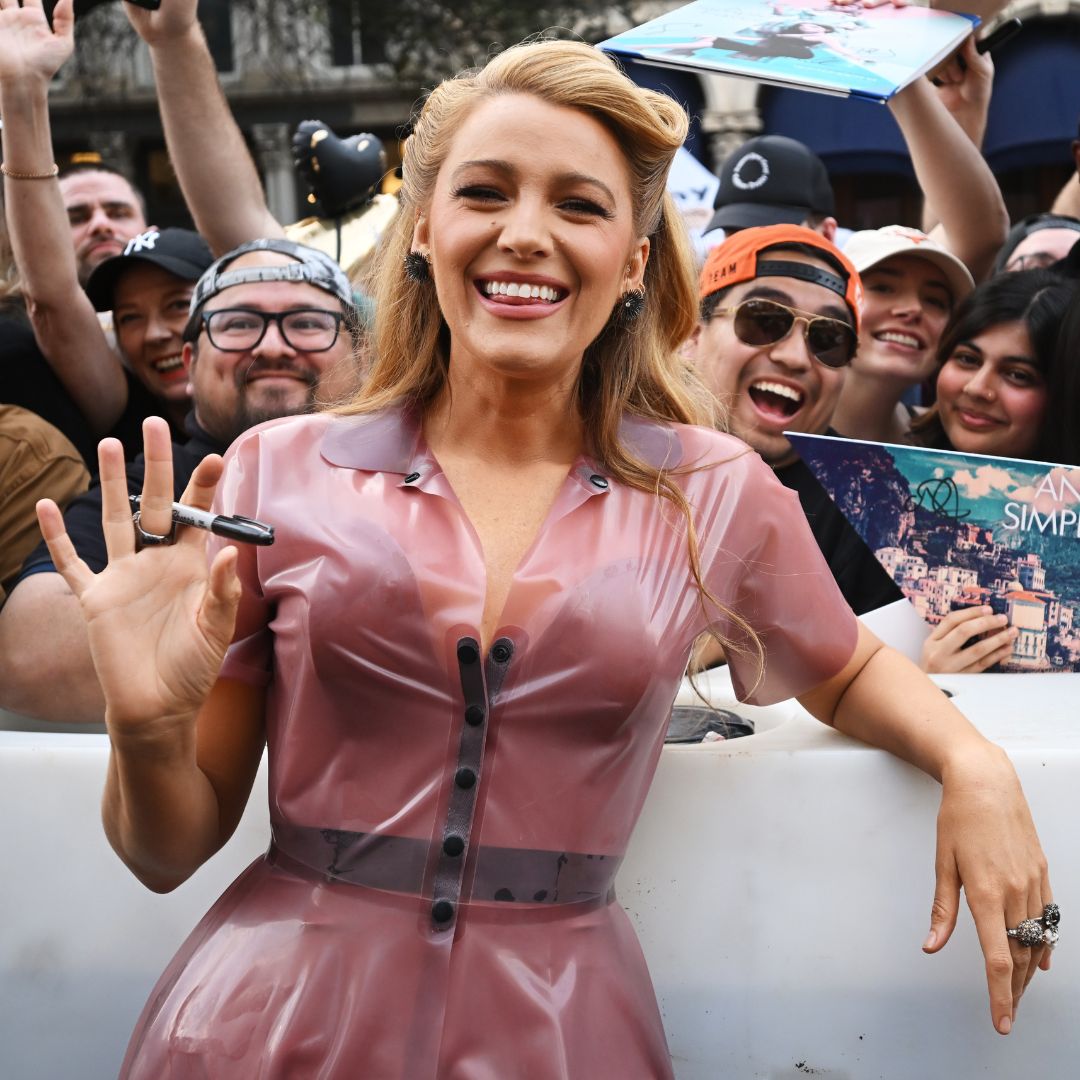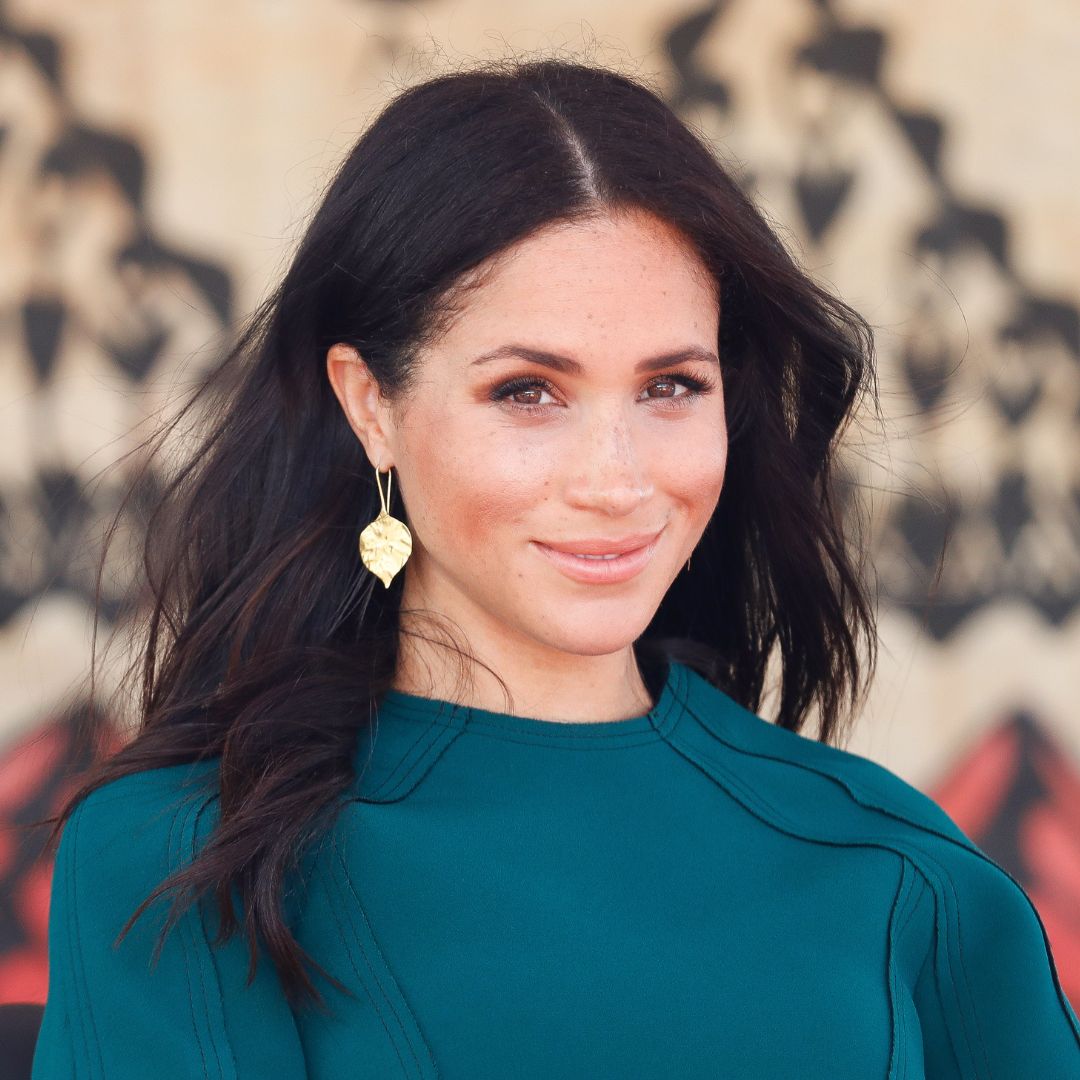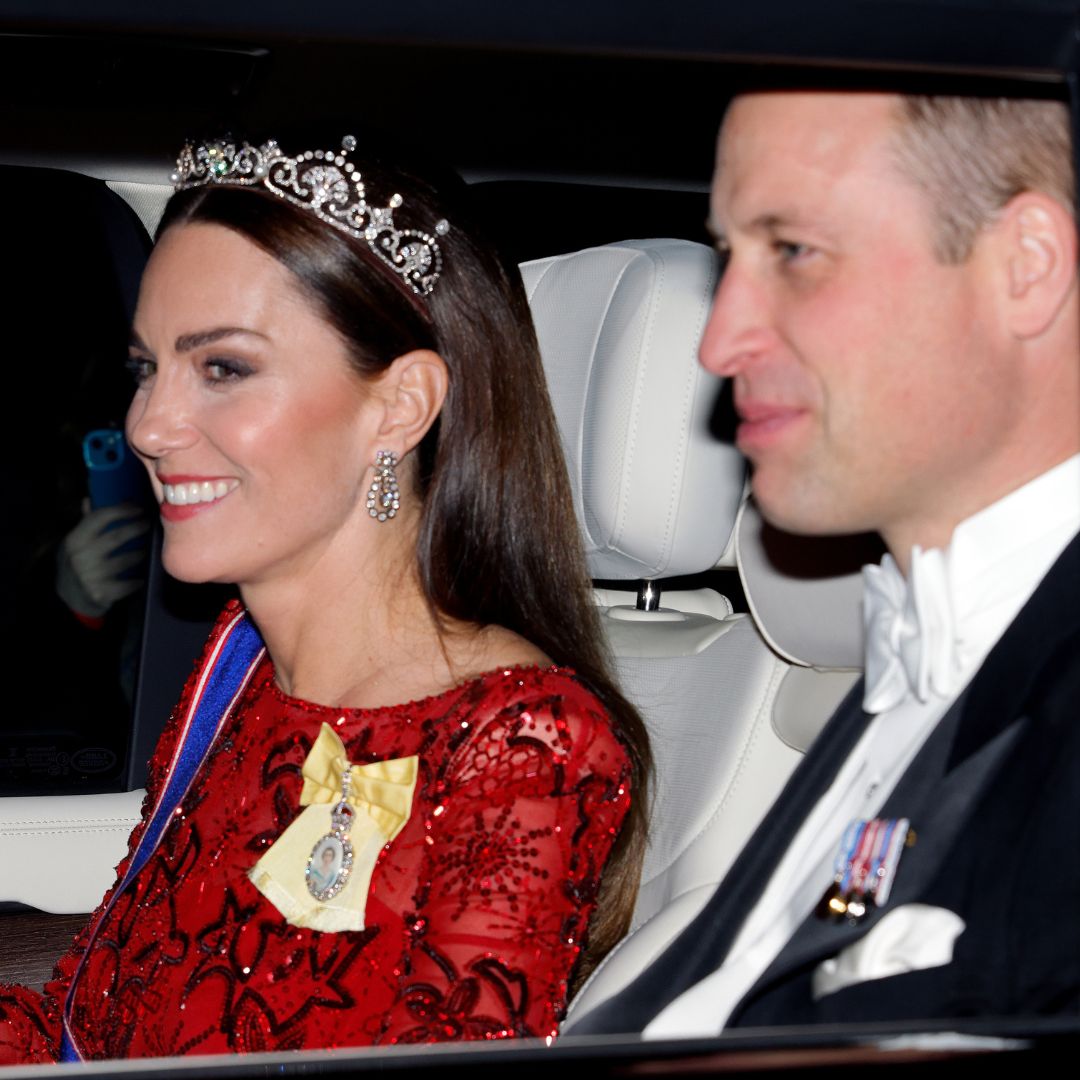For Sama: why Waad al-Kateab’s powerful female perspective on war is storming awards season
She’s the Syrian journalist who brought home a Bafta last night for her globally-acclaimed documentary. Here, Waad al-Kateab talks to Andrew Threlfall about family life in Aleppo, filming on the frontline, and why winning big would help to reshape the conversation for women still living under siege
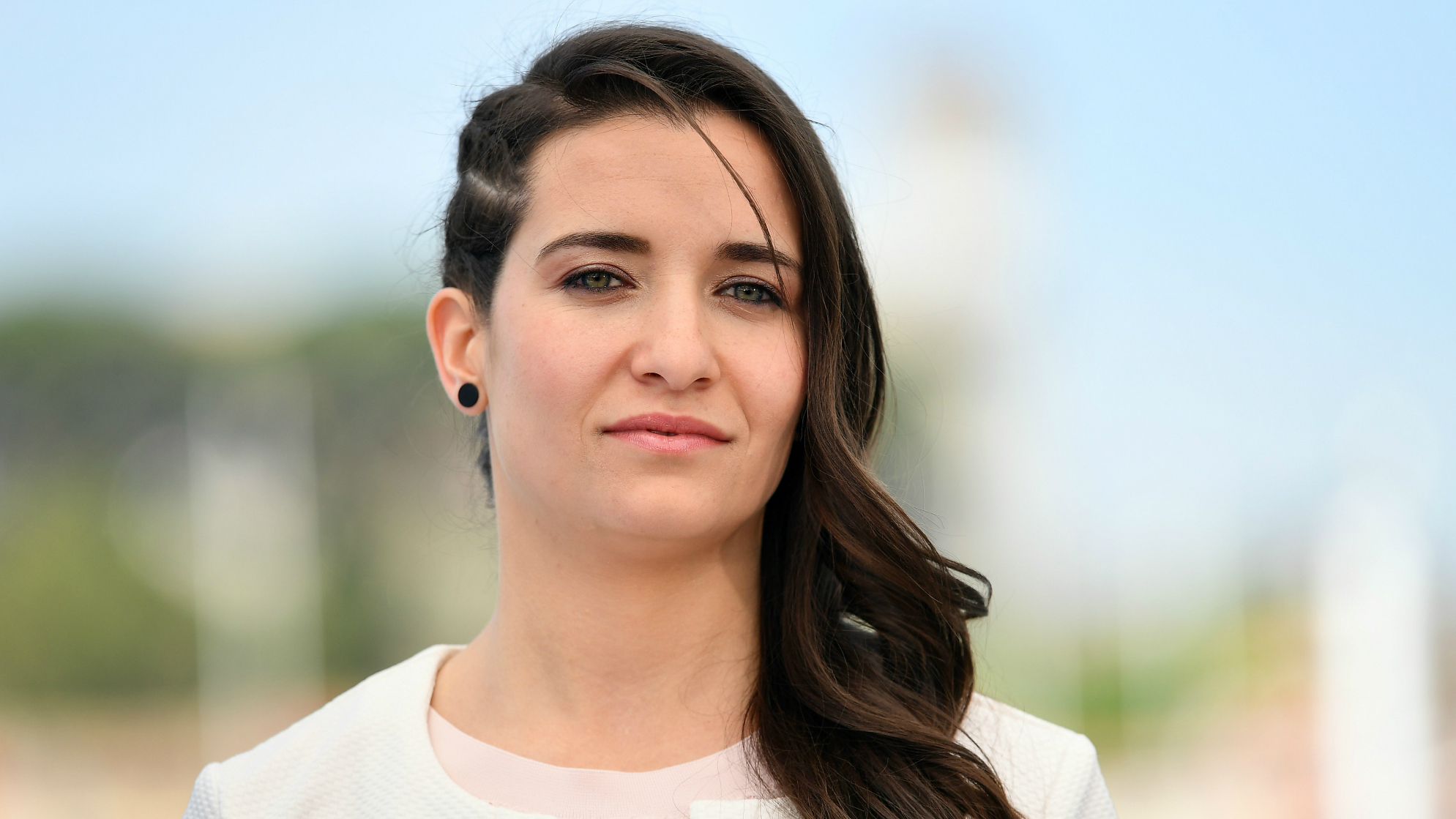

She’s the Syrian journalist who brought home a Bafta last night for her globally-acclaimed documentary. Here, Waad al-Kateab talks to Andrew Threlfall about family life in Aleppo, filming on the frontline, and why winning big would help to reshape the conversation for women still living under siege
With the international spotlight fixed firmly on For Sama this awards season (the film has already been garlanded with a plethora of accolades at major festivals, including best documentary at Cannes and SXSW) it’s hard to believe this hard-hitting, deeply personal account of the Syrian uprising is 28-year-old al-Kateab’s first feature film.
Shot over five years by the Channel 4 correspondent chronicling life in Aleppo, For Sama documents the horror and hope experienced by al-Kateab and her toddler Sama as their beloved Syria is ravaged by bomb raids. It’s a story that begins with the peaceful protests against President Bashar Al-Assad in 2011, before bearing witness to the grief and the terror of conflict, and lifts the lid on what raising a family on the frontline truly means. For al-Kateab, each still is a snapshot of Sama’s childhood and she describes For Sama as a ‘love letter to daughter and my city’.
Perhaps more powerfully though, it’s a film that no longer accepts society’s desensitised collective shrug towards the women destroyed by war. And, at a time when the industry seems shockingly lacking in female directors and diversity, it seems now really is al-Kateab’s moment to shine…
For Sama’s nominations are bringing much-needed awareness to victims of the Syrian uprising. Has global acclaim come as a surprise to you?
'To be honest it has come as a complete shock, but the prospect of winning an Oscar provides an incredible platform for people to engage with the film and campaign, ActionForSama.com, which has been created to support the people of Syria. This is the most important legacy of all. I want to spread the word to policy makers so that they can change their perspective about what is still happening in Syria and be more responsible. I want this opportunity to bring about real change.’
Making the film must have been incredibly challenging, both emotionally and logistically…
Marie Claire Newsletter
Celebrity news, beauty, fashion advice, and fascinating features, delivered straight to your inbox!
'As you can see from the very first minutes of the film, I never thought that I would make it out of Aleppo alive. Filming was the thing that kept me going - I knew the footage would be the only record left of me if I was killed.’
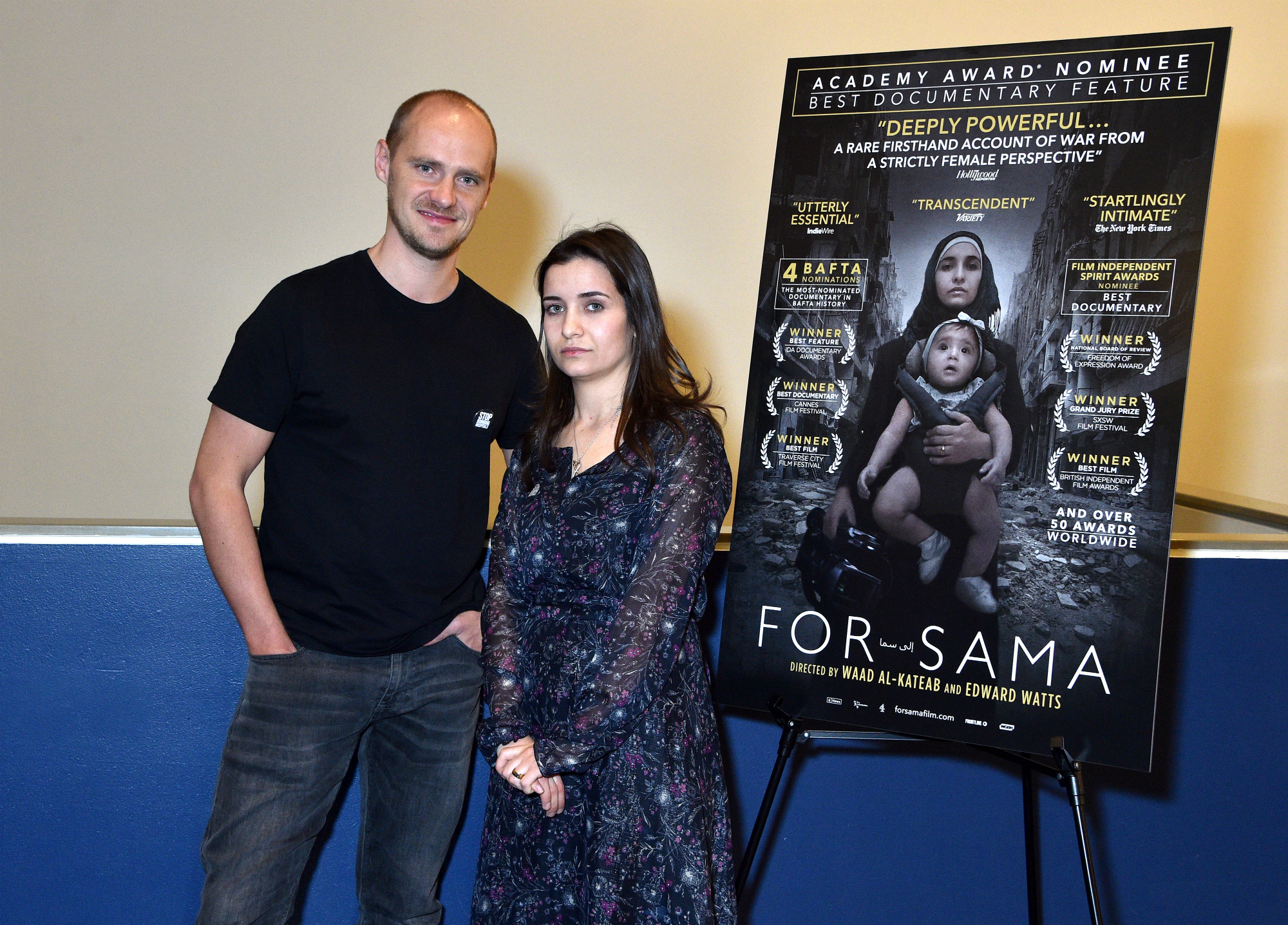
It sounds terrifying. What promoted you to pick up a camera amid the chaos?
'I had no real idea what I was going to do with what I was filming, but when the Syrian revolution started in 2011, I just carried on filming. Some of it was just about me being a mother and commenting on what was around me in a normal way. But, at the same time, I realised that I had to be citizen journalist so I tried to film the air attacks too. It was only when I finally looked through all the hard drives that I realised what I’d captured. It was five years, more than 500 hours of footage and thousands of small stories. That’s how it felt.’
Was becoming a journalist always the goal?
‘Yes, but filming under these kind of circumstances was more about [capturing] how you would live the last minute of your life; [everyone] was living minute by minute, day by day. You learn to feel every moment incredibly deeply - even the sad ones.'
Your daughter Sama is now four years old and you’ve since given birth to your second child, Taima. How do and your husband feel Sama has changed since making the documentary and escaping Syria to live in London? ‘Sama does a lot of things by herself. She is very capable and doesn’t often want help, so she acts much older than she should. I think she is aware of the film. When I was pregnant with her, I felt that I had life inside me and that I was bringing new life to a place where there was so much death. It gave me strength to know that even though Aleppo was being destroyed, we were still trying to live a normal life. Sama gave me hope.’
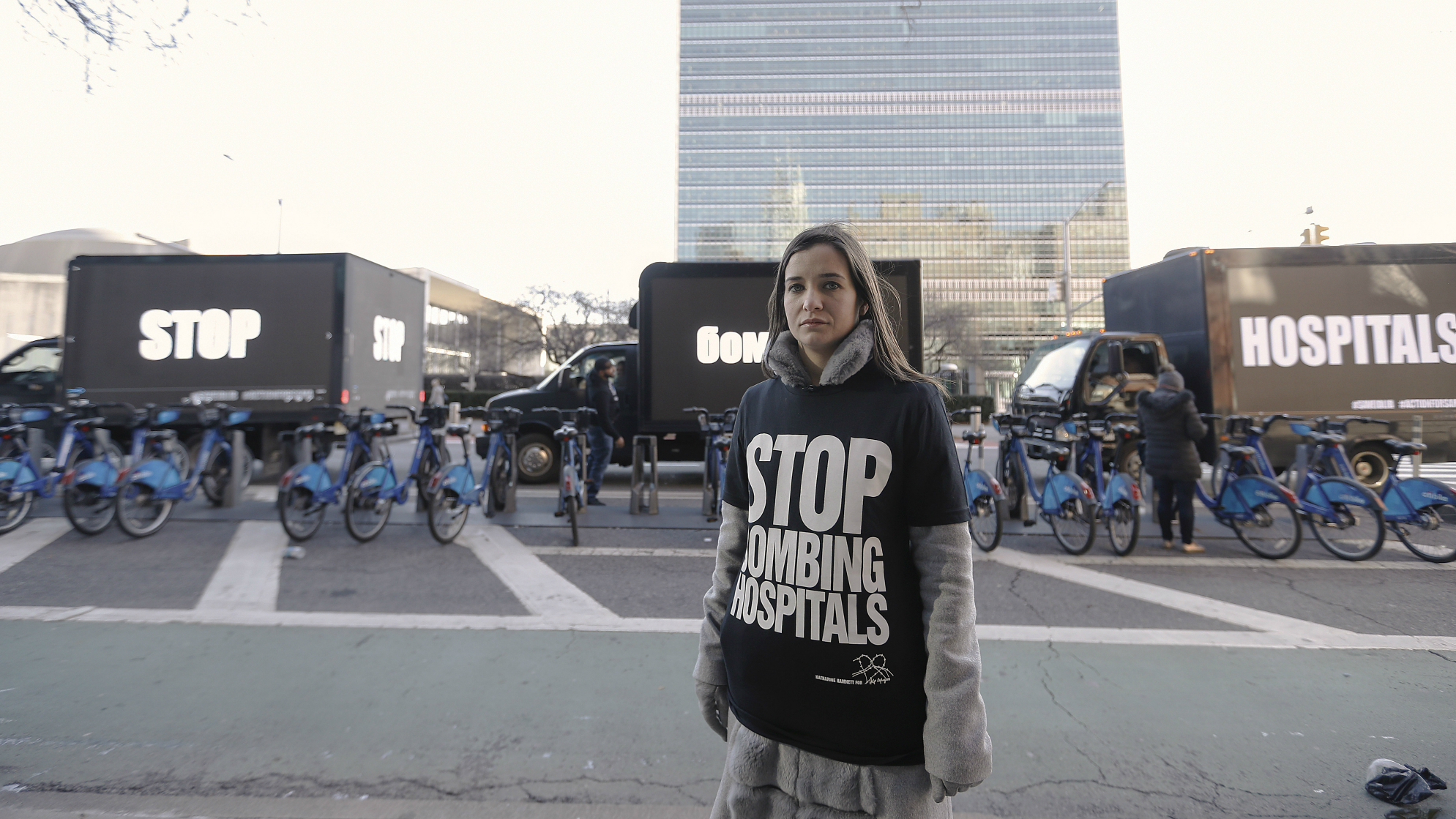
Did you know at the time of filming that you were doing something important for your country?
‘I never knew how it would turn out but I hoped, and still hope, that one day Syria will be free and Assad will be gone. The situation is still bad back home. After I had Sama I felt the extremes of feeling happy while still fearing for the people of Syria. We had a screening at the United Nations in New York, but we [still await] a formal investigation [about the] bombing of hospitals…’
It’s been nine years since you first started recording life in Aleppo and you now live and work in London. How do you feel about the situation in Syria today?
‘We have lost faith in the [Syrian] government, but we still have faith in the people. Documentaries and films alone can not change the world, but the people who watch them can. Together, we can make people accountable for conflict, and viewers of this film can help by changing the narrative of how Syria is perceived. For Sama shows the humanity of the Syrian people. The focus [in the West] was always on ISIS and Assad, but this film hopefully redresses that and I am passionate about returning to Syria to make a second documentary one day. We claimed asylum here in the UK in 2016 and I now work as a journalist for Channel 4 - I love London and there is a wonderful Syrian community here, too. But I am Syrian and I want to make a difference for the children like Sama back home. I hope I can also forge a career here in the UK [that will help me to achieve that], I hope it’s the first step.’
* For Sama is available on All 4 On Demand - Channel 4
Maria Coole is a contributing editor on Marie Claire.
Hello Marie Claire readers – you have reached your daily destination. I really hope you’re enjoying our reads and I'm very interested to know what you shared, liked and didn’t like (gah, it happens) by emailing me at: maria.coole@freelance.ti-media.com
But if you fancy finding out who you’re venting to then let me tell you I’m the one on the team that remembers the Spice Girls the first time round. I confidently predicted they’d be a one-hit wonder in the pages of Bliss magazine where I was deputy editor through the second half of the 90s. Having soundly killed any career ambitions in music journalism I’ve managed to keep myself in glow-boosting moisturisers and theatre tickets with a centuries-spanning career in journalism.
Yes, predating t’internet, when 'I’ll fax you' was grunted down a phone with a cord attached to it; when Glastonbury was still accessible by casually going under or over a flimsy fence; when gatecrashing a Foo Fighters aftershow party was easy-peasy-lemon-squeezy and tapping Dave Grohl on the shoulder was... oh sorry I like to ramble.
Originally born and bred in that there Welsh seaside town kindly given a new lease of life by Gavin & Stacey, I started out as a junior writer for the Girl Guides and eventually earned enough Brownie points to move on and have a blast as deputy editor of Bliss, New Woman and editor of People newspaper magazine. I was on the launch team of Look in 2007 - where I stuck around as deputy editor and acting editor for almost ten years - shaping a magazine and website at the forefront of body positivity, mental wellbeing and empowering features. More recently, I’ve been Closer executive editor, assistant editor at the Financial Times’s How To Spend It (yes thanks, no probs with that life skill) and now I’m making my inner fangirl’s dream come true by working on this agenda-setting brand, the one that inspired me to become a journalist when Marie Claire launched back in 1988.
I’m a theatre addict, lover of Marvel franchises, most hard cheeses, all types of trees, half-price Itsu, cats, Dr Who, cherry tomatoes, Curly-Wurly, cats, blueberries, cats, boiled eggs, cats, maxi dresses, cats, Adidas shelltops, cats and their kittens. I’ve never knowingly operated any household white goods and once served Ripples as a main course. And finally, always remember what the late great Nora Ephron said, ‘Everything is copy.’
